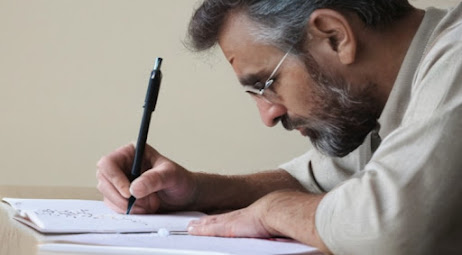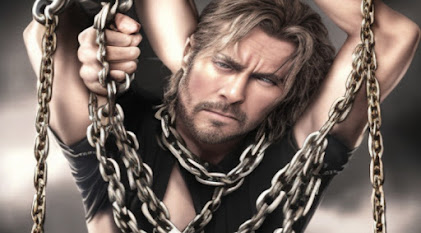Practical Writing Advice

Recently I set up a Scrivener file for blog article writing. I have a page for ideas and a separate folder for every article I start. I’m way ahead of myself. I have weekly articles for months to come. I’ve also written two novels this year, a Sherlock Holmes episode, a few more short stories, and I’m feeling like I could keep going like this forever. It’s funny because when I first started out - a few decades ago - I couldn’t sit still for long. Literally, youthful adrenalin prevented me from being immobile. I used to perch and write for short periods, literally five or ten minutes, then get up and pace around the room, burning off excess energy, waiting for the next wave of inspiration to hit. A totally exhausting process to be sure - and really not a very productive way to work. But I had to do it that way or I’d do nothing. Growing up I also wrote in short spurts, literally five minutes here and there because I felt embarrassed and didn’t want my family to know I kept diaries...



